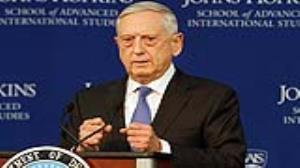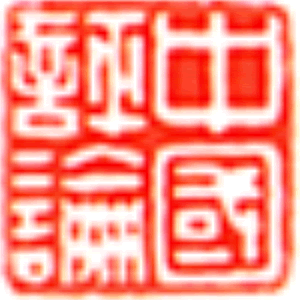So it's actually going well. The message has been received in positive terms. I do not have antagonistic or adversary terms with any of our traditional allies. And we have new allies who are eager to start working military-to-military with us at this time.
So, so far, it's going okay. But, of course, these are all democracies, by and large, we're dealing with, and they have their own constituencies inside each country. That's a political reality -- all politics are local, whether you're in the United States, or you're in, you know, Poland or anywhere else.
But, so far, I'm very encouraged by what I've seen, and we could not be better served than by Secretary General Jens Stoltenberg, there in Brussels, with our primary alliance. And the way he leads that alliance is one where we all have to work together and do our fair share.
MODERATOR:Thank you.
Next question:How can the military institutionalize and preserve counterinsurgency lessons from Iraq and Afghanistan, as we shift to a greater focus on near-peer rivals, like China and Russia?
SEC. MATTIS:Yes. If I was to sum up the challenge that we have inside the department in carrying out this strategy, it's threefold.
It's how do we maintain a safe and effective nuclear deterrent, so those weapons are never used? It's a nuclear deterrent. It's not a warfighting capability, unless it's the worst day in our nation or the world's history. So that's the first one -- priority -- a safe and effective nuclear deterrent.
|

